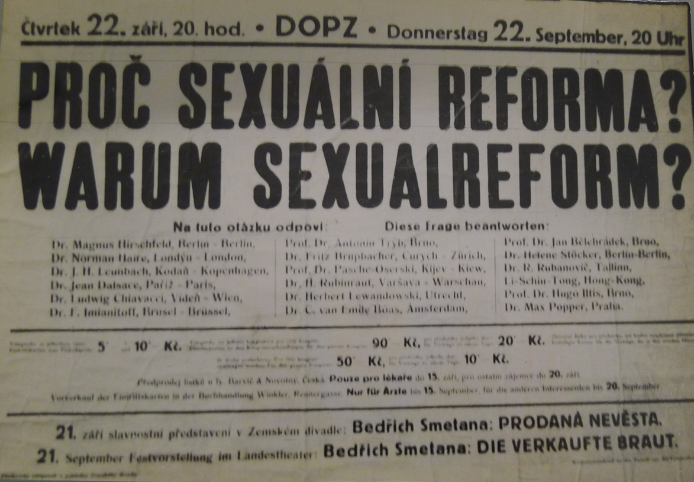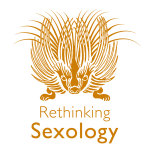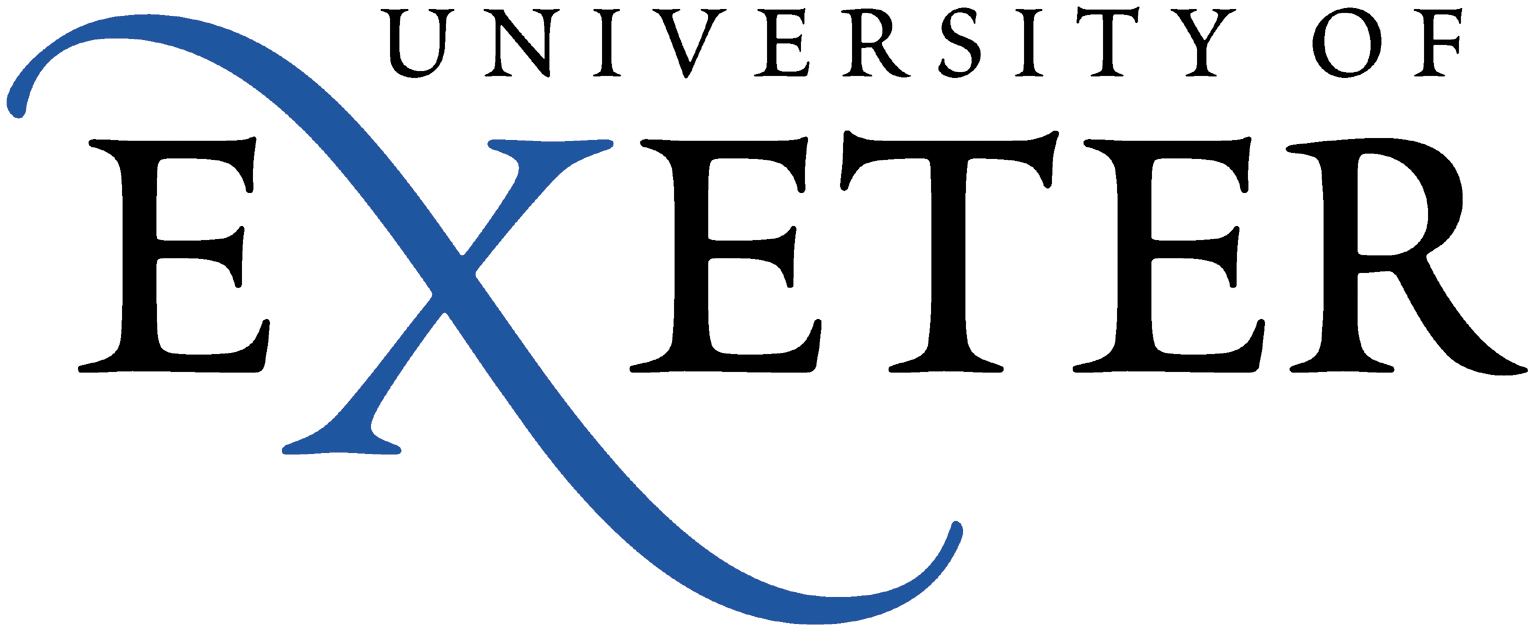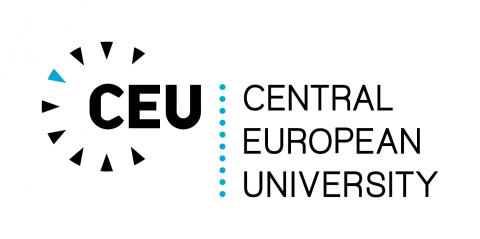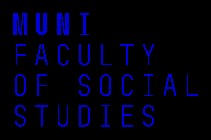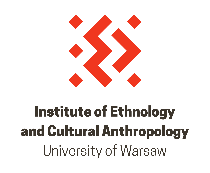At the Technosomata conference at the University of Exeter in June 2019 Kazuki Yamada was invited to give a response to Margrit Shildrick’s ‘Feeling Technology: The Significance of Empathy Robots’.
Author Archives: Jennifer Ellen Grove
Methodological reflections: A genealogy of later life sexuality in mid-nineteenth to twentieth century science (c. 1850-1980)
At the Exeter Sexual Knowledge Symposium in June 2019, PhD student Kazuki Yamada spoke on ‘Methodological reflections: A genealogy of later life sexuality in mid-nineteenth to twentieth century science (c. 1850-1980)’.
“The infinite time before is no more dreadful than the infinite time that precede us”: Sexual temporalities at the rise of sexology and gerontology
Kazuki Yamada spoke at the TrentAging 2019 Conference, University of Trent, Canada in May 2019 on ‘”The infinite time before is no more dreadful than the infinite time that precede us”: Sexual temporalities at the rise of sexology and gerontology’.
Paid Student Internship on public engagement project
We have an exciting opportunity for an Exeter student to join us on a paid internship working on our Transformations public engagement project exploring gender, identity, medicine & history.
Deadline: 11th March 2019.
Any questions please contact Dr Jen Grove on j.e.grove@exeter.ac.uk
Listed as SCP 4633 Project Assistant (Rethinking Sexology Project)
Transformations and Adventures in Time and Gender
 We were awarded a Wellcome Research Enrichment – Public Engagement grant for a 2-year public engagement and impact project.
We were awarded a Wellcome Research Enrichment – Public Engagement grant for a 2-year public engagement and impact project.
Sculpture, Sexuality and History Encounters in Literature, Culture and the Arts from the Eighteenth Century to the Present (2019)
Supported by Wellcome
Our team members Jana Funke and Jen Grove are editors of a new volume Sculpture, Sexuality and History Encounters in Literature, Culture and the Arts from the Eighteenth Century to the Present (Palgrave, 2019).
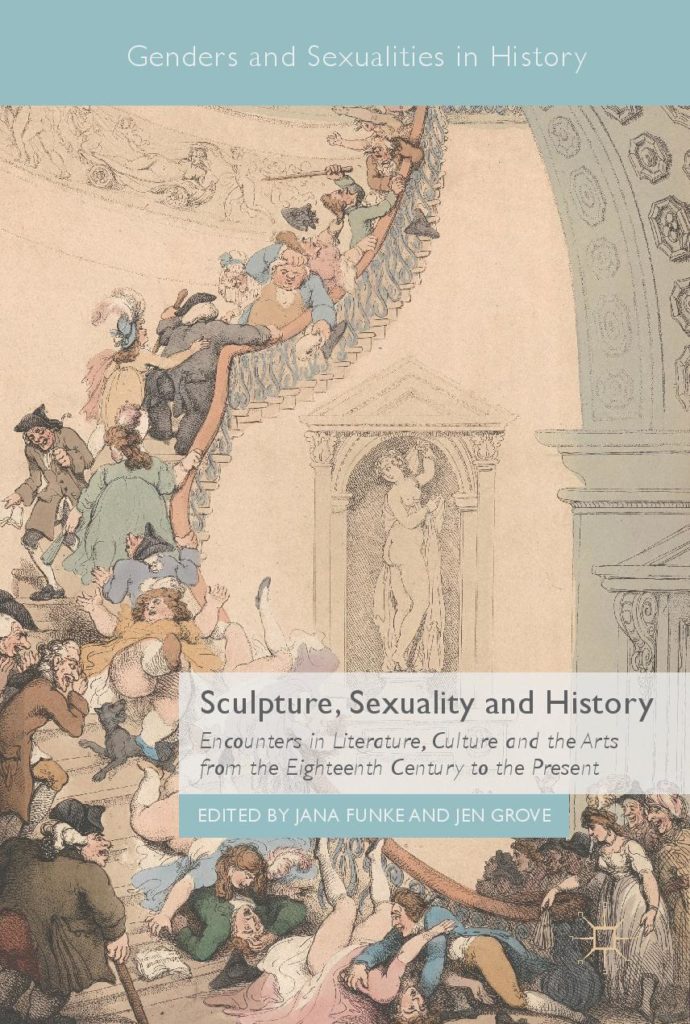
This volume:
- Offers a new understanding of the different ways in which the reception of statuary has been shaped by debates about sexuality and history
- Explores how sculptures have opened up debates about queer desires and identities, as well as obscenity, censorship and morality
- Brings together leading international experts and cutting-edge scholars from an extensive range of disciplines
Sexual Knowledge and Expertise in Europe’s East, before and after 1945
|
Childbirth and Midwifery seminar
We were joined in March 2019 by Isabel Davis (Birkbeck), Angela Muir (Cardiff), Sarah Fox (Manchester).
The event was co-hosted by Exeter’s Centre for Medical History and the Wellcome Centre for Cultures + Environments of Health.
Sex, Sexuality & Classical Reception seminar + book launch!
This seminar brings together three early career researchers exploring the history of sex and sexuality and the reception of the ancient world in the 19th and 20th centuries.
Followed by a launch of Sculpture, Sexuality and History: Encounters in Literature, Culture and the Arts from the Eighteenth Century to the Present (Palgrave Macmillan, 2019), edited by Jana Funke and Jen Grove.
Seminar: ‘A Woman’s right to know: Pregnancy testing in twentieth-century Britain’
In January 2019 Dr Jesse Olszynko-Gryn (University of Cambridge) joined us to talk about ‘A Woman’s right to know: Pregnancy testing in twentieth-century Britain’.
The event was co-hosted with Exeter’s Centre for Medical History

